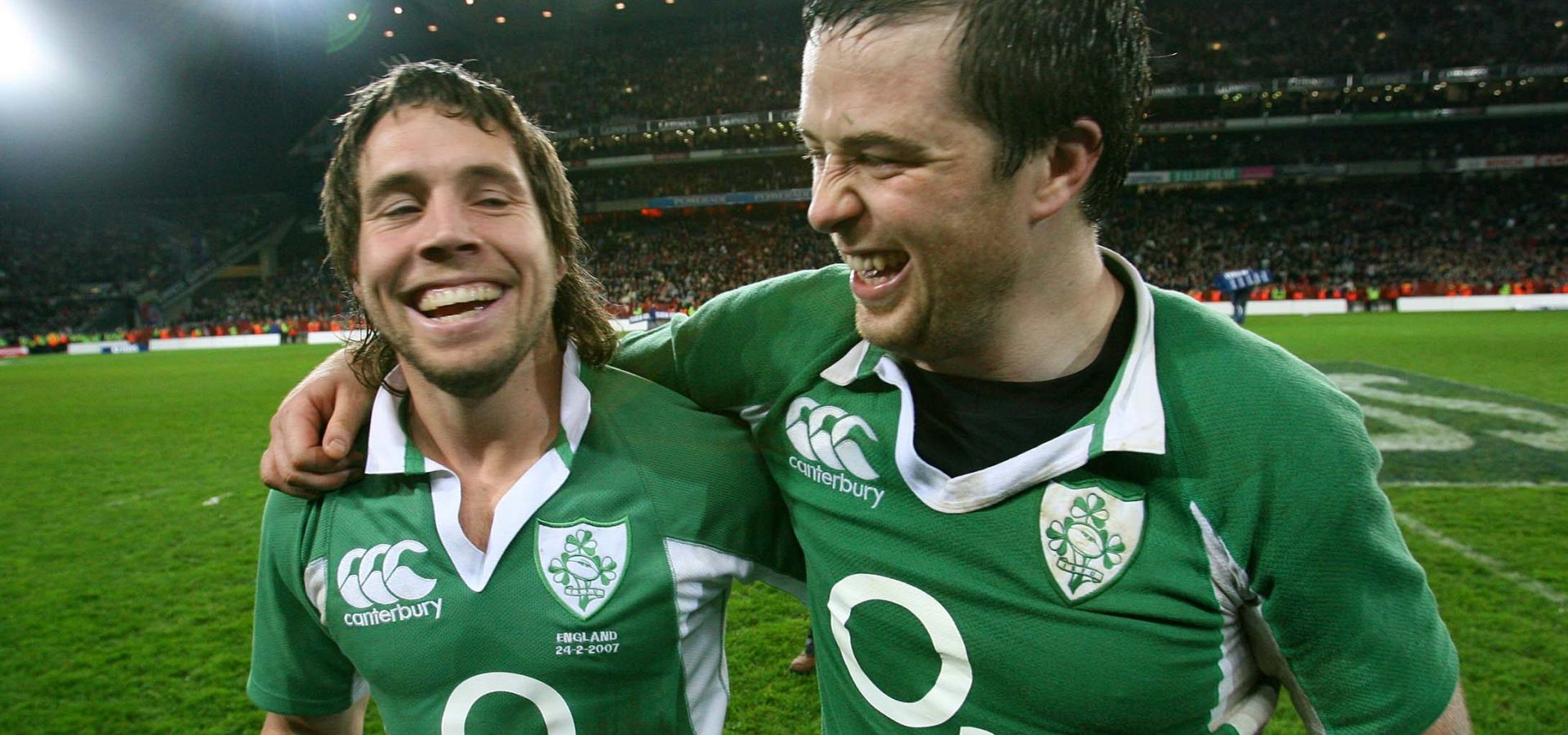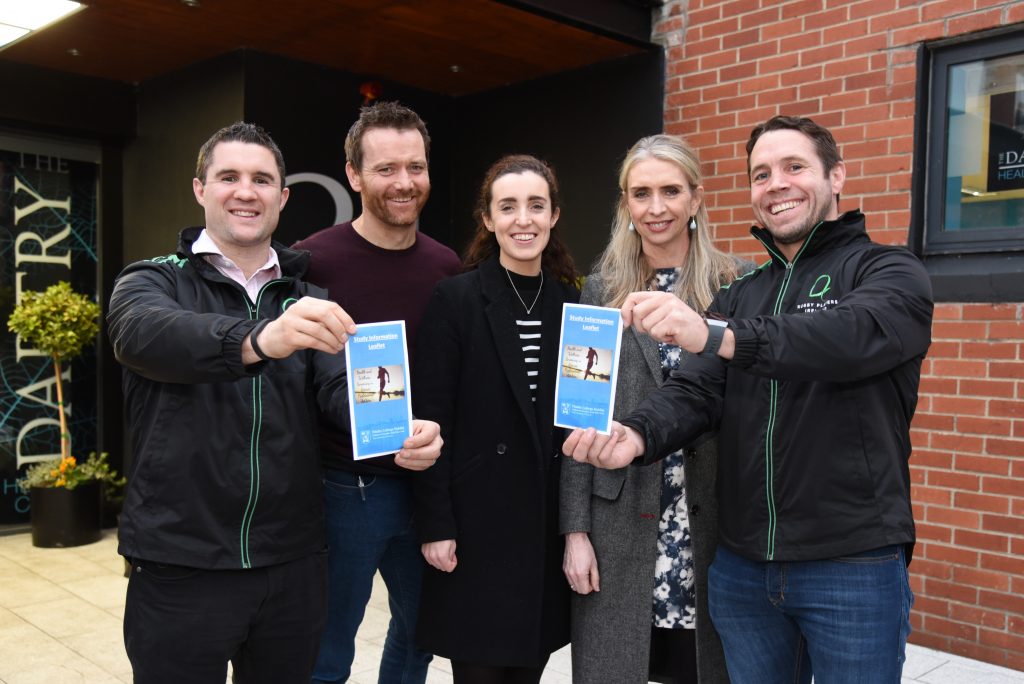News
TRINITY RESEARCH STUDY TO ASSESS HEALTH AND WELLNESS OF RETIRED ATHLETES

A new research project led by Trinity College Dublin in collaboration Rugby Players Ireland is seeking to shed new light on the general health and wellness of retired elite athletes, with a particular focus on impact sports and brain health.

For the last three months former Irish professional rugby players and ex-Irish Women’s XV players have been participating in the study which is seeking to assess the positive and negative effects of a professional sports career on an athlete’s long term health with particular focus on impact sports where there is also risk of injury, including exposure to head impacts. Retired elite athletes from Rowing Ireland are also participating in the study.
The study led by physiotherapists, neuroscientist and psychologists from Trinity will look at various aspects of brain health from general mental wellness to cognitive functioning. Researchers will investigate how the brain is functioning as well as how ex-athletes are coping on an emotional and mental level following retirement from full time sport.
The team is also studying post-retirement lifestyle (working, socialising and ongoing engagement with sport) and will also assess general health with particular focus on any injuries that have caused ongoing issues and how this impacts on leading a normal life. Research findings from the study are expected in Autumn this year.
Dr Fiona Wilson, Associate Professor in Physiotherapy, and one of the principal investigators on the project said: “This study hopes to identify what the positive and negative effects of a professional sports career are on an athlete’s long term health. A strong aspect of this programme is that it includes female athletes who are commonly ignored in this type of research. Trinity is really well placed to conduct this research because of its global reputation in brain health; with particular expertise in neuroscience, psychology and sports medicine. Collaboration with such strong sporting bodies as Rugby Players Ireland and Rowing Ireland who are invested in long term athlete health ensures engagement and ongoing support for these athletes.”
Dr Ella McCabe, Senior Clinical Psychologist and Head of Player Wellbeing at Rugby Players Ireland, added: “Alongside the many advantages of a rugby career, retired players can face a particular set of challenges, including renegotiating their identity, sense of belonging, sense of purpose and financial circumstances all at once.”
“We are constantly developing our elite athlete mental health services to meet the unique needs of professional players both during their playing career, at the point of transition and following retirement. This includes preventative measures such as psychoeducation to develop awareness and coping strategies as well as tailored mental health services and follow up support. Our services are designed based on player feedback, the current evidence base and involvement in high quality research.”
Dr Aine Kelly, Associate Professor and Neuroscientist at Trinity said “we know that exercise protects brain health and we are interested in how a career in sport enhances this effect. We are interested in if this effect persists into retirement and how the positive effects may be offset by involvement in an impact sport”
Simon Keogh, CEO at Rugby Players Ireland, stated that the study will be of great benefit to the work of the association: “This study, which is in the hands of some leading medical professionals, will give us a great insight as to where the focus of our work should be going forward when dealing with retired players. Furthermore, on an individual level our players will be provided with valuable information about their current brain health and general wellbeing.”
The principal investigators on the research team are Associate Professors in Trinity College, Dr Fiona Wilson, (Physiotherapy), Dr Aine Kelly (Neuroscience), as well as Prof Fiona Newell (Psychology) and Ms Joice Cunningham, a PhD candidate. The study has also enlisted the help of Dr Steve Broglio and Dr Michael McCrae who have both been responsible for some of the most comprehensive studies carried out in the field of sports related concussions in the United States.
Back to NewsLatest Posts

Highlights: November 2025

Molloy, Ferris & Heaslip enter Hall of Fame

À La Carty
















